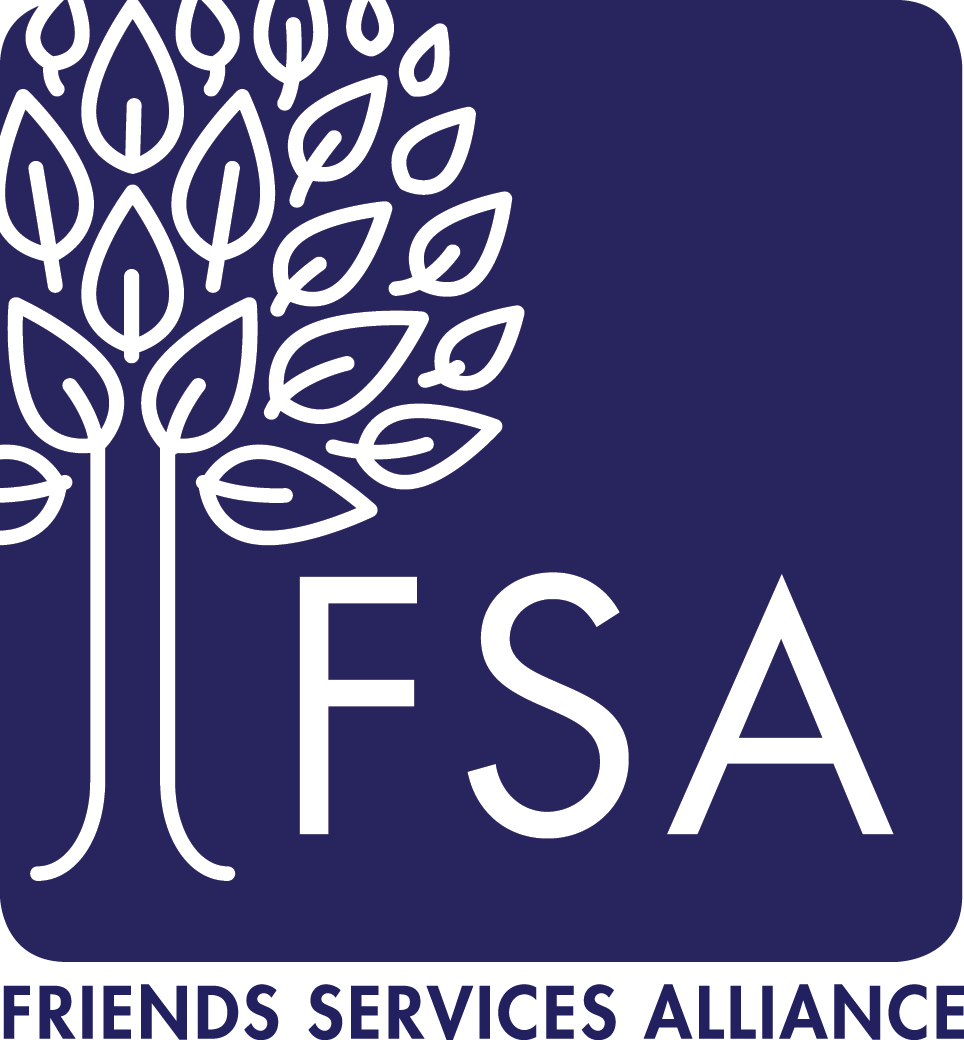The seventh element of an effective Compliance and Ethics Program is investigations and remedial measures. If it is determined that compliance violations or misconduct may have occurred, the organization must respond appropriately by thoroughly investigating and putting remedial measures in place to prevent the occurrence of further misconduct. Failure to do so can endanger the mission, reputation, and legal status of the organization.
The Office of Inspector General (OIG) recommends an investigation any time a potential violation is identified. Necessary steps must also be taken immediately to stop or change the procedures that are the alleged source of the wrongdoing. Detailed documentation of the investigation is critical, both to determine the root cause of the violation and to maintain a clear paper trail should legal action ensue. This documentation includes:
- A description of the potential misconduct and how it was reported
- A description of the investigative process
- List of relevant documents reviewed
- List of employees interviewed
- Employee interview questions and notes
- Changes to policies and procedures, if appropriate
- Documentation of any disciplinary actions
- Investigation final report with recommended remedial actions
Depending on the nature of the alleged violation, it may be advisable to meet with legal counsel prior to beginning an internal investigation. Counsel can help decide whether the violation may be serious enough to be handled under attorney-client privilege, so that disclosure communications and documents can be kept confidential, within the law. If the investigation reveals misconduct that constitutes a material violation of the civil law or rules and regulations governing federally funded healthcare programs, then the organization may need to take steps to disclose the violation to the government. An example of a serious violation might include a pattern of “upcoding” on Medicare therapy billing over time to increase revenues, as opposed to a couple episodes of incorrect coding that may have been done in error. Another example of serious fraud would be a finding that a provider was billing Medicare for services not provided to a resident.
The OIG calls for prompt reporting of this type of misconduct in a reasonable period of time, but not more than 60 days after determining that there is credible evidence of a violation. The right thing for the organization to do is to self-report violations, which can also mitigate sanctions and reduce financial damages that may be assessed. The OIG encourages voluntary disclosure of suspected fraud and maintains a Provider Self Disclosure protocol on its website. Another mitigating factor resulting from this may be the option of conducting a self-audit rather than a government imposed audit.
Violations or misconduct that are identified must be corrected promptly. Restitution of payment as a result of inappropriate billing procedures would follow the guidelines set forth in the 60 Day Repayment Rule. A plan for corrective action to remediate any identified problem should be put in place, and continued monitoring of the issue should be added to the compliance work plan to prevent further occurrences. It is important to inform staff about any violations identified and what was done to correct them as appropriate. This transparency will help gain the support and trust of the staff and illustrate the importance and effectiveness of the compliance program.
Friends Services Alliance (FSA) is a national professional association of values-aligned organizations that serve seniors. Our support services include a team of Compliance and Risk Management experts who have supported organizations in developing and maintaining effective Compliance and Ethics Programs for over 20 years.




